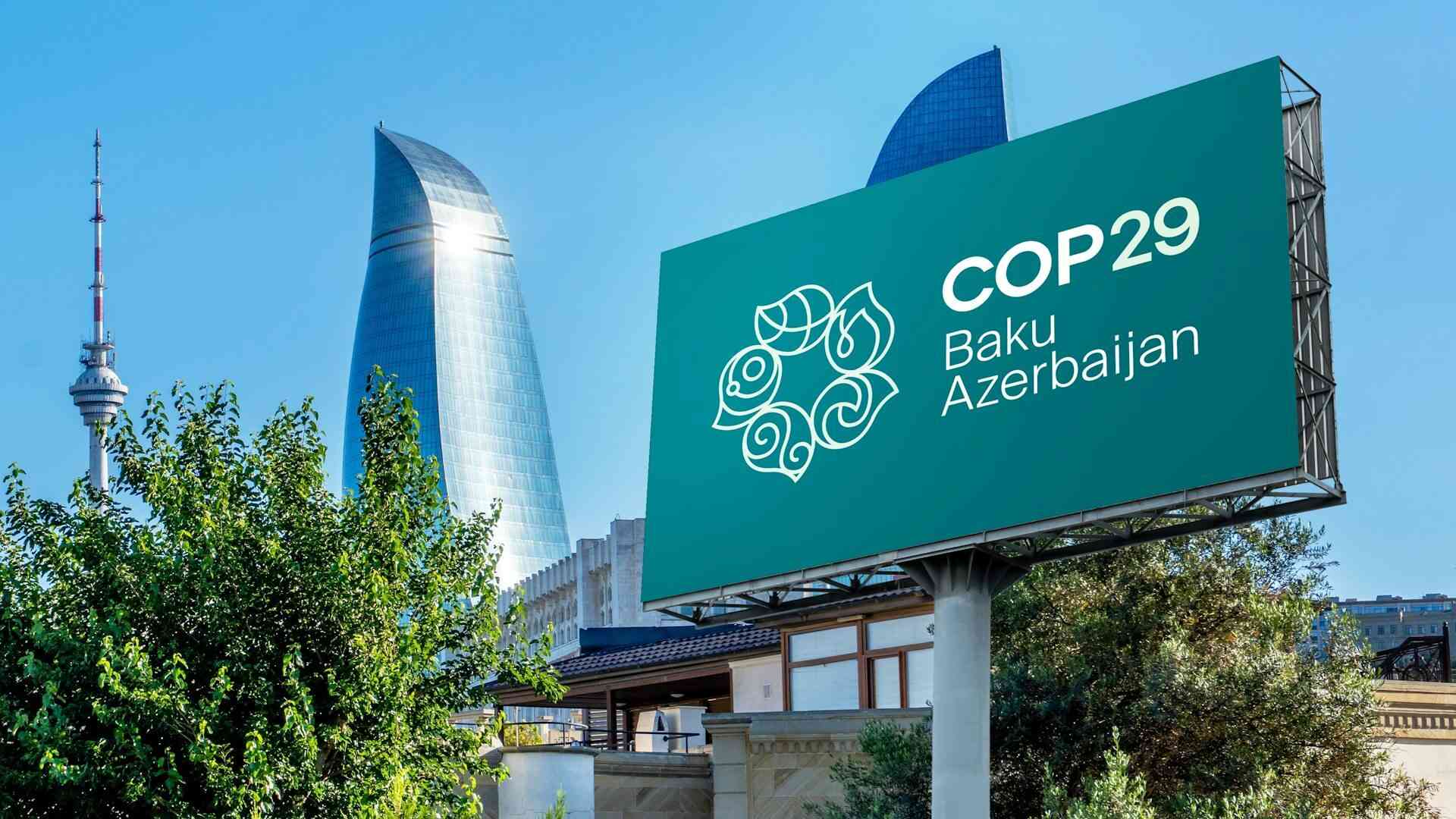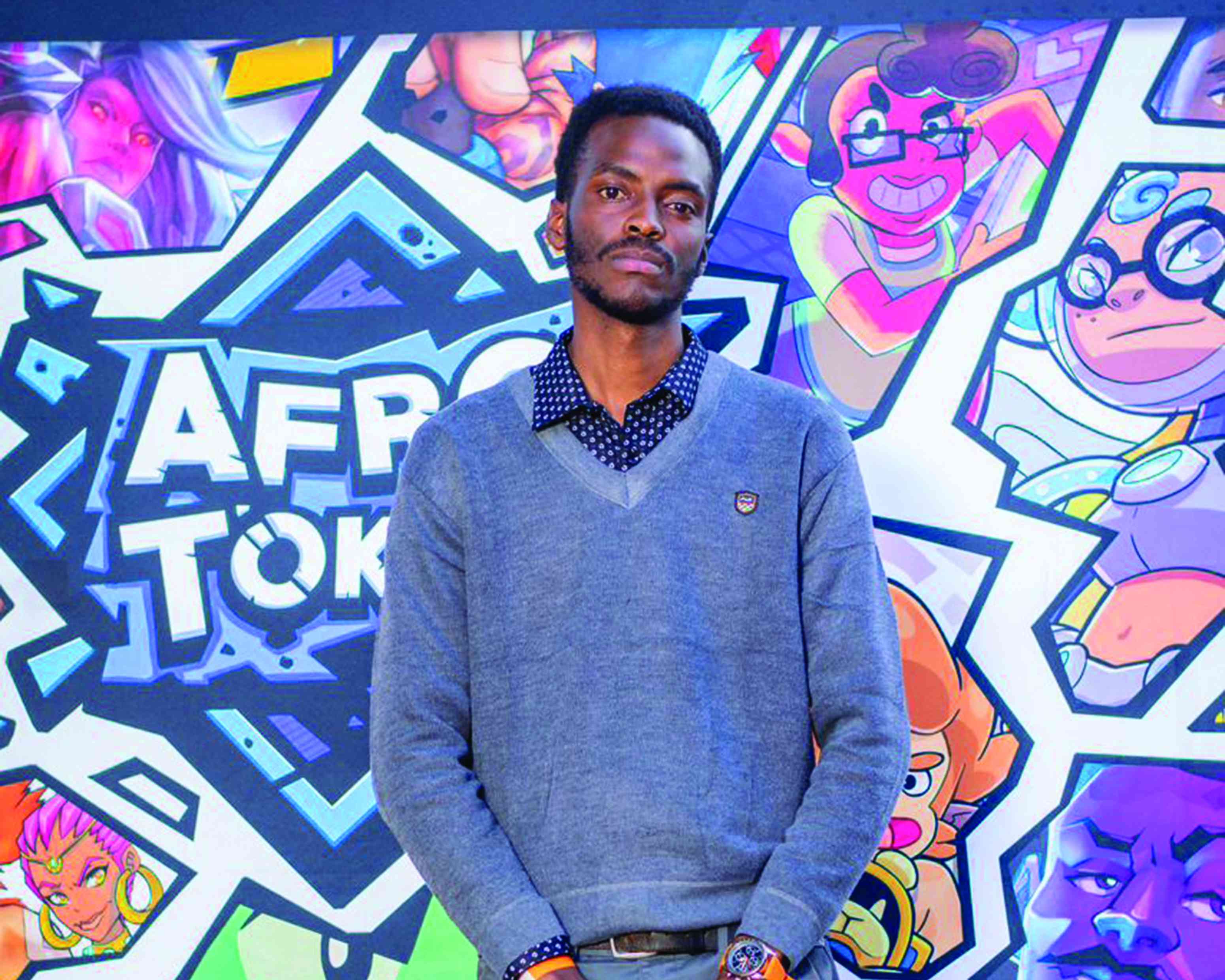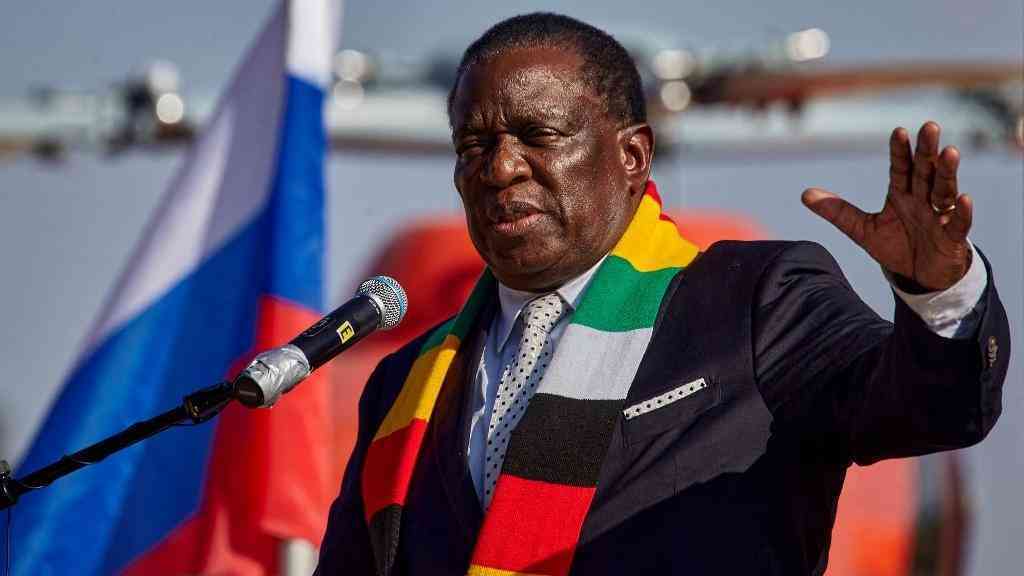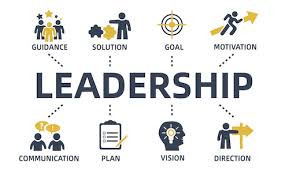
AS debate on the Conference of Parties (COP29) rages on in Azerbaijan, climate competences are at stake. The global climate change forum is a hive of climate change discourses that can only be understood by the initiated — those who were schooled in context specific, communicative lexico-climatic tools and communities of practice, representing the global climate disciplinary variations that make the language of climate change distinct, unique and pervading.
From the communicative competence and functional linguistic points of view, climate terminologies are used with the aplomb of art and mastery, such that those who have gone there by chance and benevolence will spend the next two weeks in climate terminology torture and pressure cooker. The use of climate terminologies at COP29 would mesmerise climate up-starts and lightweights, in ruthless and brutal fashions that leaves most of the chancers far behind.
Climate terminologies for adaptation and mitigation are showcased as techniques for paying allegiance to interdisciplinary variations and discourse communities. Climate terminologies like adaptation and resilience are hogging the limelight, with experts retooling these terminologies from abused, generalised and assumed to strictly classified and specific meaning making tools. In the context of the COP29 Baku framing, adaptation would mean to minimise expected climatic changes or exploit beneficial opportunities. Resilience, one of the most overused and tiring terms, would mean the ability of a system or community to anticipate, prepare for, respond to, recover from and adapt to adverse situations, mainly climate impacts. In this view, the main undoing in the climate change community of practice is the absence of people who can speak the language of climate change thereby making a mockery of the climate change discourse communities.
Developing countries, mainly those from the Global South, would continuously refer to the term vulnerability while referring to their own situations. This time, the term vulnerability does not mean, easily attacked or exposed but, to a degree to which a system or community is susceptible and unable to cope with the adverse impacts of climate change. Each climate lexicon can never be imagined, supposed or glossed but refers to specific contexts and situations.
The need for climate finance would not be treated in isolation but would answer the impacts of loss and damage from hostile environments, floods, cyclones, droughts and disasters, among others. Therefore, terms like climate-resilient infrastructure would mean the infrastructure designed to withstand and recover from the impacts of climate change, ensuring functionality under changing climate conditions. This would enable deserving nations to split climate finance in terms of multisectoral approach like building strong roads, bridges, buildings, funding health-related issues and improved water resources, among others.
In terms of long-term adaptation, climate resilient agriculture comes into the fore with nation from the global south mentioning this climate term quite often while coding it for several frequencies. The topical climate finance would be needed to alleviate food systems challenges, food insecurity, lack of food sovereignty, transform agriculture and dismantle hunger as an institution in Africa. Climate resilient agricultural practices and systems are designed to adapt to the changing climate conditions, considering factors like temperature, precipitation and extreme weather events. No matter its usual failures to deliver, the global conference of parties (COP) is unique in its functional discourse competences and linguistic variations.
Obviously, participants would be treated to terms like “heat island effect” that is the phenomenon where urban areas experience higher temperatures compared to their rural surroundings due to human activities and the modification of land surfaces. This is a term not to be treated in literal viewpoints but requires a deeper orientation of climate linguistic competences.
In short, platforms like COPs require climate competent human capital that views climate knowledge and information through interdisciplinary and crosscutting lenses. To be climate relevant and pragmatic, participants gracing these occasions need to invest heavily in climate language didactics. This is important to accelerate climate knowledge and information while sharing it with the less knowledgeable and coached.
- Why are we still pitting jobs against public health?
- Jurgen Klopp: Liverpool manager signs new two-year contract extension at Anfield until 2026
- COP27: Zimbabwe’s opportunity to shine
- Shot in the arm for Chiredzi, Bikita communities










